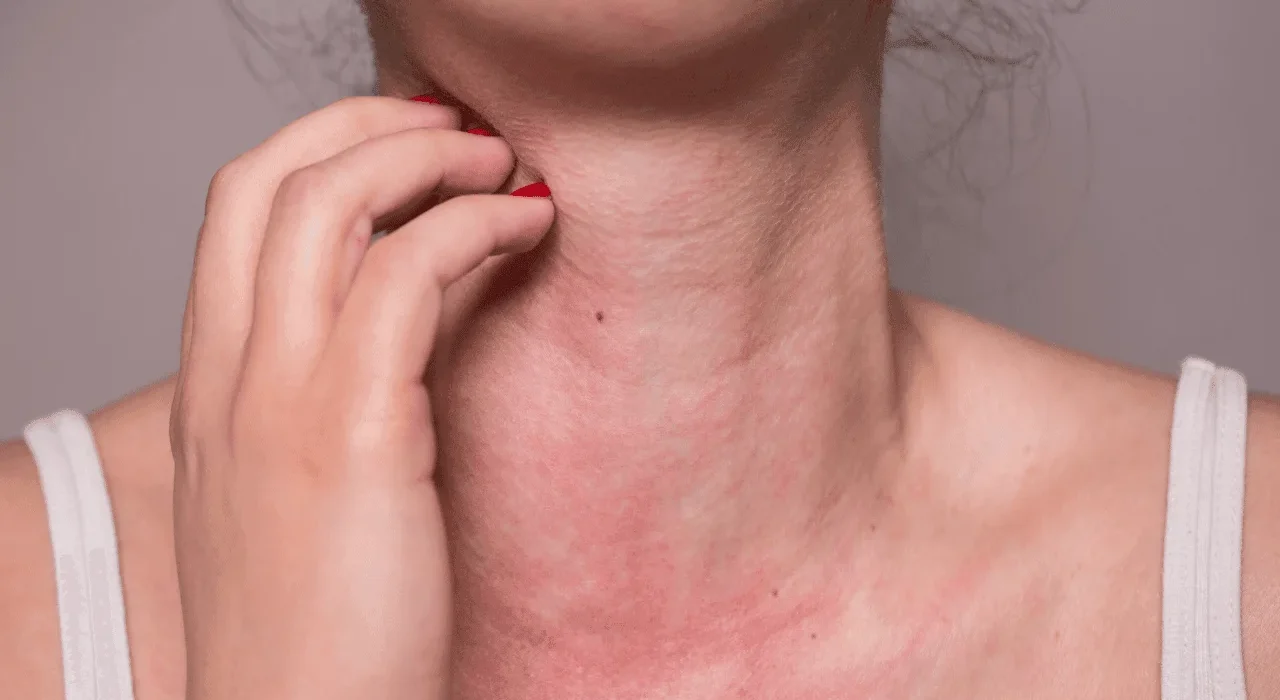What Are Piles and How Can They Be Treated?
Piles, also known as hemorrhoids, are swollen veins in the lower rectum and anus. They are a common condition that can cause discomfort, pain, and bleeding during bowel movements. Understanding the causes, symptoms, and treatment options can help manage and alleviate the condition effectively.
What Are Piles?
Piles are classified into two main types based on their location:
- Internal Piles: Found inside the rectum, these are usually painless but may cause bleeding.
- External Piles: Located under the skin around the anus, these can be painful, especially when swollen or thrombosed (containing a blood clot).
Piles are further graded based on their severity:
- Grade 1: Mild swelling inside the rectum with no prolapse.
- Grade 2: Prolapse during bowel movements that resolves on its own.
- Grade 3: Prolapse that needs manual reduction.
- Grade 4: Permanently prolapsed and cannot be pushed back in.
Also read:- Digestive Issues Treatment in Abu Dhabi with Homeopathy
What Causes Piles?
Piles develop due to increased pressure in the rectal area, which causes veins to swell. Common contributing factors include:
- Chronic Constipation: Straining during bowel movements increases pressure on rectal veins.
- Diarrhea: Frequent loose stools can irritate the anal region.
- Sedentary Lifestyle: Prolonged sitting can lead to poor blood flow.
- Pregnancy: Hormonal changes and pressure from the growing uterus can cause piles in pregnant women.
- Obesity: Excess weight puts additional pressure on the rectal veins.
- Low-Fiber Diet: A diet lacking in fiber can lead to constipation.
- Heavy Lifting: Frequent lifting of heavy objects can strain the rectal veins.
Also read:- Digestive Issues | Causes, Symptoms & Treatment
Symptoms of Piles
The symptoms of piles vary depending on the type and severity but may include:
- Bright red blood during bowel movements.
- Pain or discomfort, especially during sitting or passing stools.
- Itching, irritation, or swelling around the anus.
- A lump near the anus that may be tender or sensitive.
- Mucus discharge after bowel movements.
How Are Piles Diagnosed?
If you suspect piles, consult a healthcare professional. Diagnosis typically involves:
- Medical History: Discussing symptoms and lifestyle habits.
- Physical Examination: A visual inspection of the anal region.
- Digital Rectal Examination (DRE): To check for internal piles or other abnormalities.
- Additional Tests: In some cases, anoscopy or colonoscopy may be recommended to rule out other conditions.
Also read:- 8 Digestive Issues You Shouldn’t Ignore and How Homeopathy Can Help
Treatment Options for Piles
Piles can often be managed with lifestyle changes and home remedies, but severe cases may require medical intervention. Here are common treatment approaches:
1. Home Remedies
- High-Fiber Diet: Include fruits, vegetables, whole grains, and legumes to soften stools and prevent constipation.
- Hydration: Drink plenty of water to maintain soft stools.
- Sitz Baths: Soak the anal area in warm water for 15-20 minutes to reduce swelling and discomfort.
- Over-the-Counter Creams: Use anti-inflammatory or pain-relief creams to alleviate symptoms.
- Avoid Straining: Do not force bowel movements, as this can worsen piles.
2. Medical Treatments
- Medications: Topical creams, suppositories, or oral medications to reduce inflammation and pain.
- Rubber Band Ligation: A non-surgical procedure where a band is placed around the base of the pile to cut off its blood supply, causing it to shrink.
- Sclerotherapy: A chemical solution is injected into the piles to shrink them.
- Infrared Coagulation: Heat is used to seal off blood vessels, reducing the size of piles.
3. Surgical Options
- Hemorrhoidectomy: Surgical removal of large or severe piles.
- Stapled Hemorrhoidopexy: A minimally invasive procedure to reposition and reduce prolapsed piles.
Preventing Piles
Prevention is key to avoiding the discomfort and inconvenience of piles. Here are some tips:
- Maintain a High-Fiber Diet: Prevent constipation by eating fiber-rich foods.
- Stay Hydrated: Drink at least 8-10 glasses of water daily.
- Exercise Regularly: Physical activity promotes healthy bowel movements and improves circulation.
- Avoid Prolonged Sitting: Take breaks if you sit for long periods.
- Use Proper Bathroom Habits: Avoid straining and don’t delay bowel movements.
When to See a Doctor
Seek medical advice if:
- You experience severe pain or discomfort.
- There is significant bleeding during bowel movements.
- Symptoms persist despite home remedies.
- You notice a lump or swelling that worsens over time.
Conclusion
Piles can be an uncomfortable and distressing condition, but with the right treatment and preventive measures, it is manageable. At Rise & Shine Medical Center, we offer holistic and personalized care to address the root causes of piles and promote lasting relief. If you’re struggling with piles, schedule a consultation today to regain your comfort and quality of life.



